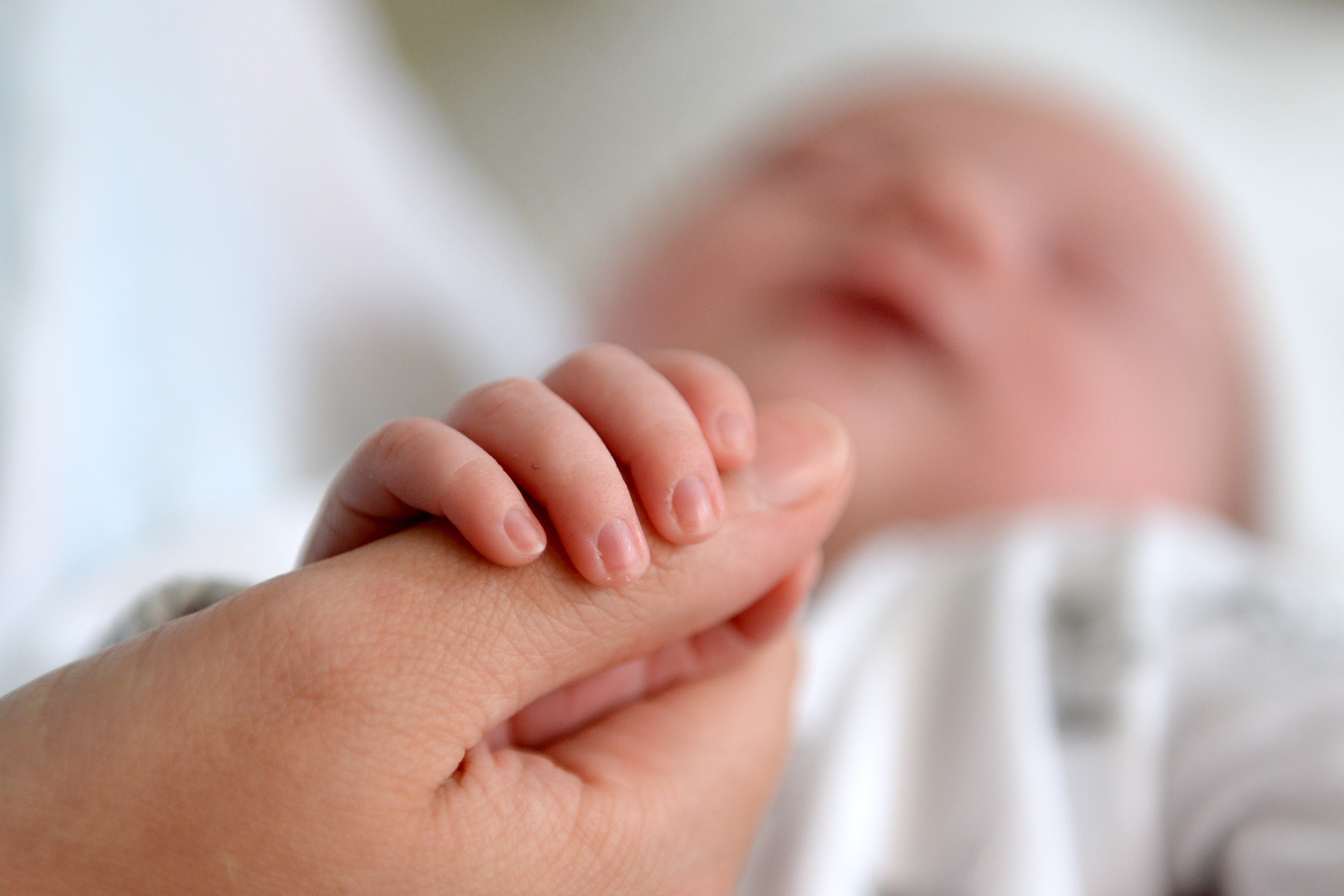Lives of mothers and babies at risk due to ‘severe shortage’ of midwives
The Royal College of Midwives (RCM) and Sands charity have issued a warning as the APPG on Baby Loss and Maternity published a report.

Your support helps us to tell the story
From reproductive rights to climate change to Big Tech, The Independent is on the ground when the story is developing. Whether it's investigating the financials of Elon Musk's pro-Trump PAC or producing our latest documentary, 'The A Word', which shines a light on the American women fighting for reproductive rights, we know how important it is to parse out the facts from the messaging.
At such a critical moment in US history, we need reporters on the ground. Your donation allows us to keep sending journalists to speak to both sides of the story.
The Independent is trusted by Americans across the entire political spectrum. And unlike many other quality news outlets, we choose not to lock Americans out of our reporting and analysis with paywalls. We believe quality journalism should be available to everyone, paid for by those who can afford it.
Your support makes all the difference.The lives of mothers and babies are being put at risk due to a “severe shortage” of maternity staff, the Royal College of Midwives (RCM) has warned.
This comes as the All-Party Parliamentary Group (APPG) on Baby Loss and Maternity published a report which describes the impact of shortages on neonatal care as “bleak”.
Some 500 midwives left the NHS in England last year, on top of a long-term shortage of more than 2,000, according to the RCM.
We must see urgent action and investment because services are simply on their knees
Together with UK pregnancy and baby loss charity, Sands, the organisation is calling on the Government to fix the staffing crisis.
Gill Walton, chief executive of the RCM, said “crisis mode is now the norm” for midwives.
She said: “A serious, persistent and worsening shortage of midwives and other staff is having an impact on the safety and quality of care for women, babies and families.
“Staff are working flat out and doing their best but they are burnt out, fragile and exhausted.
“The demands on them mean they cannot deliver the level of care they so desperately want to and choice for women is being eroded.
“For many, crisis mode is now the norm.
“This is why many are choosing to simply walk away from the NHS because they know they cannot deliver the right care and for the sake of the own mental and physical health.
“We must see urgent action and investment because services are simply on their knees.”
Sands chief executive, Clea Harmer, added: “Today’s report paints a worrying picture of NHS staff having to make the choice between supporting a bereaved mother or caring for a mother giving birth to a living baby, often rushing between the two leaving no time for personalised, compassionate bereavement care.
“Too often inexperienced midwives are being left on their own to care for bereaved families and this is simply not good enough.”
Dr Edward Morris, President of the Royal College of Obstetricians and Gynaecologists, said the report adds to a “growing body of evidence that maternity services are under incredible strain”.
“As a college, we continue to call for the Government to commit to the much needed funding for maternity staffing and training as a priority,” he said.
The APPG report states that as well as feeling rushed in their day-to-day duties, midwives often do not have time to offer psychological support to parents in the event of neonatal deaths.
It adds that evidence collected from NHS organisations, midwives and parents “paints a bleak picture of maternity and neonatal services that are understaffed, overstretched and letting down women, families and maternity staff alike”.
The dearth is also impacting “exhausted and demoralised staff, frustrated at the environment that is not always enabling them to provide care of the safest and highest quality and fearful about making mistakes that could have serious consequences for women and babies”, according to the report.
The authors recommend introducing a “fully funded” settlement for maternity and neonatal services and ring-fencing some of this funding for staff training.
It also advises establishing a national minimum staffing level and that staff are given time to learn from incidents and implement changes.
The Department for Health and Social Care (DHSC) has been contacted for comment.